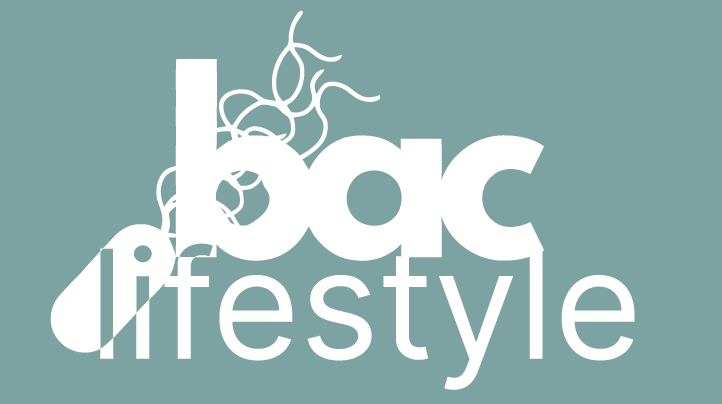The majority of bacteria can switch from a planktonic and motile lifestyle to form sessile communities, called biofilms, on various biotic and abiotic surfaces. Similarly, bacteria that are part of the biofilm can revert to the motile lifestyle in response to specific environmental and/or physiological signals. In the Gram-negative bacterium Pseudomonas putida, the transition between these two lifestyles is mediated by a highly interconnected signaling transduction network, with the central element being the second messenger c-di-GMP. The purpose of this network is to mutually exclusively regulate the synthesis of components useful for the planktonic life (such as the flagellar mobility system) and adhesion factors and components of the extracellular matrix necessary for the sessile life (adhesins and exopolysaccharides).
This project, we will use an experimental and computational approach to deepen our understanding of the physiological and genetic mechanisms involved in regulating transitions between these two lifestyles and the determinants involved in the progression of such transitions. To this end, we will employ a range of in vivo and in vitro gene expression assays along with high-resolution optical microscopy and protein-protein interaction methods to elucidate gene regulation and spatiotemporal control of flagellar polar system synthesis and assembly. Similarly, we will establish the signals, mechanisms, and targets of regulation of the dispersal response and its connections through feedback loops with flagellar synthesis reinitiation. Finally, we will develop two modeling systems that simulate, with high predictive capacity, the dynamics of biofilm development based on various physiological and environmental parameters and interactions of the adhesin LapA with surfaces of different materials. These strategies will provide us with a roadmap of the signals, components, and mechanisms involved in each stage of the transition from planktonic to biofilm life and vice versa. This will enable the identification of targets and strategies for the rational manipulation of P. putida’s development cycle towards obtaining strains specialized for various biotechnological uses.


